What is the first night effect? We dig into this annoying sleep problem
If you struggle to sleep in a new location, that's the first night effect. We quizzed a sleep expert to find out what causes it and how to avoid it
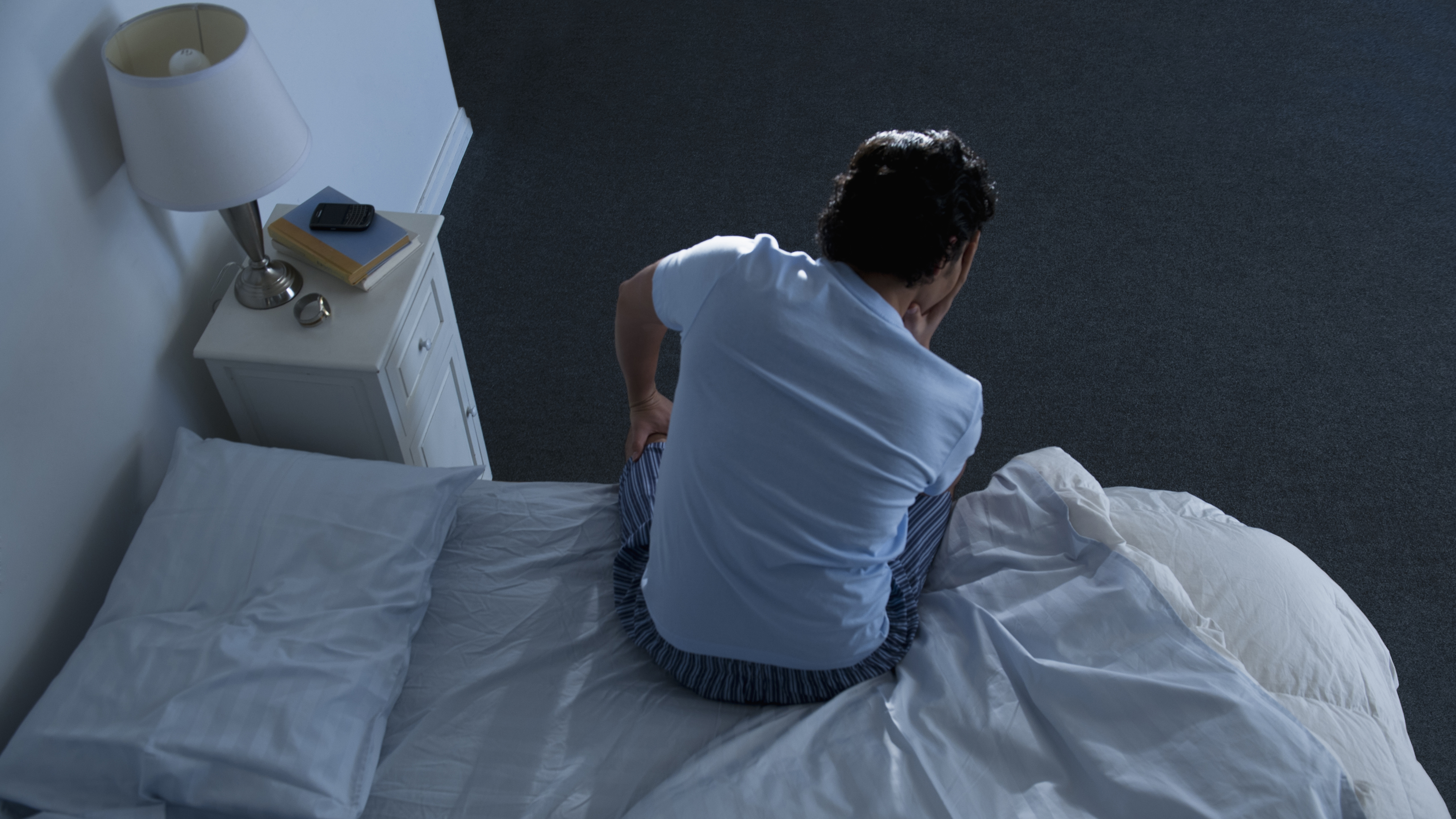
Sign up for breaking news, reviews, opinion, top tech deals, and more.
You are now subscribed
Your newsletter sign-up was successful
Vacating your home and staying at a new place can be great for us all, but if you experience the first night effect (FNE) on your holiday it can leave you feeling tired and stressed.
So, what is the first night effect? If you've ever spent the first night in a new place tossing and turning, clock-watching or staring at a wall, that's the first night effect. When we stay somewhere unfamiliar our brains become more alert and we find it difficult to sleep, with research claiming that the cause harks back to primitive days when we were worried about predators.
Even one night of disrupted sleep can have a knock-on effect the next day – with lower productivity and energy levels. We consulted a certified sleep science coach to find out more about the first night effect, why it happens and how to avoid it – including how the best mattress and best pillow can help improve sleep quality.
What is the first night effect?
If you've booked a hotel or night away and fallen onto the comfortable bed hoping for a perfect 8-hour snooze, you may find yourself annoyed when you wake up that first morning having experienced broken sleep – this is known as the first night effect, or FNE for short.
"The first night effect refers to the disruption of sleep architecture that occurs on the first night of sleeping in a new environment," explains Carlie Gasia, a sleep science coach at Sleepopolis. "People who experience FNE typically have difficulty falling asleep, wake up more often during the night, and spend less time in deep and REM sleep."
Is the first night effect real?
Before you brush it off as an old wives' tale, this sleep phenomenon is actually backed by some solid scientific research – one small study last year on healthy adults, who slept in new surroundings showed that they had higher wakefulness rates after sleep onset, their sleep efficiency was reduced, and they spent less time in deep NREM sleep. Another study in 2022, which assessed sleepers over two nights also found that on night one sleepers spent more time in lighter sleep stages, and less time in deep sleep - therefore affecting their quality of sleep.
A study by Brown University in 2016 showed that it's the left hemisphere of the brain that remains more active than the right hemisphere – this specifically happens when we are attempting deep sleep or slow-wave sleep.
There are theories about what causes this phenomenon, biologically speaking, too. Gasia explains: "There are a number of theories about why FNE occurs. One theory is that it is due to increased vigilance. When we sleep in a new place, our brains are more alert to potential threats. This is thought to be an evolutionary adaptation that helped our ancestors stay safe from predators."
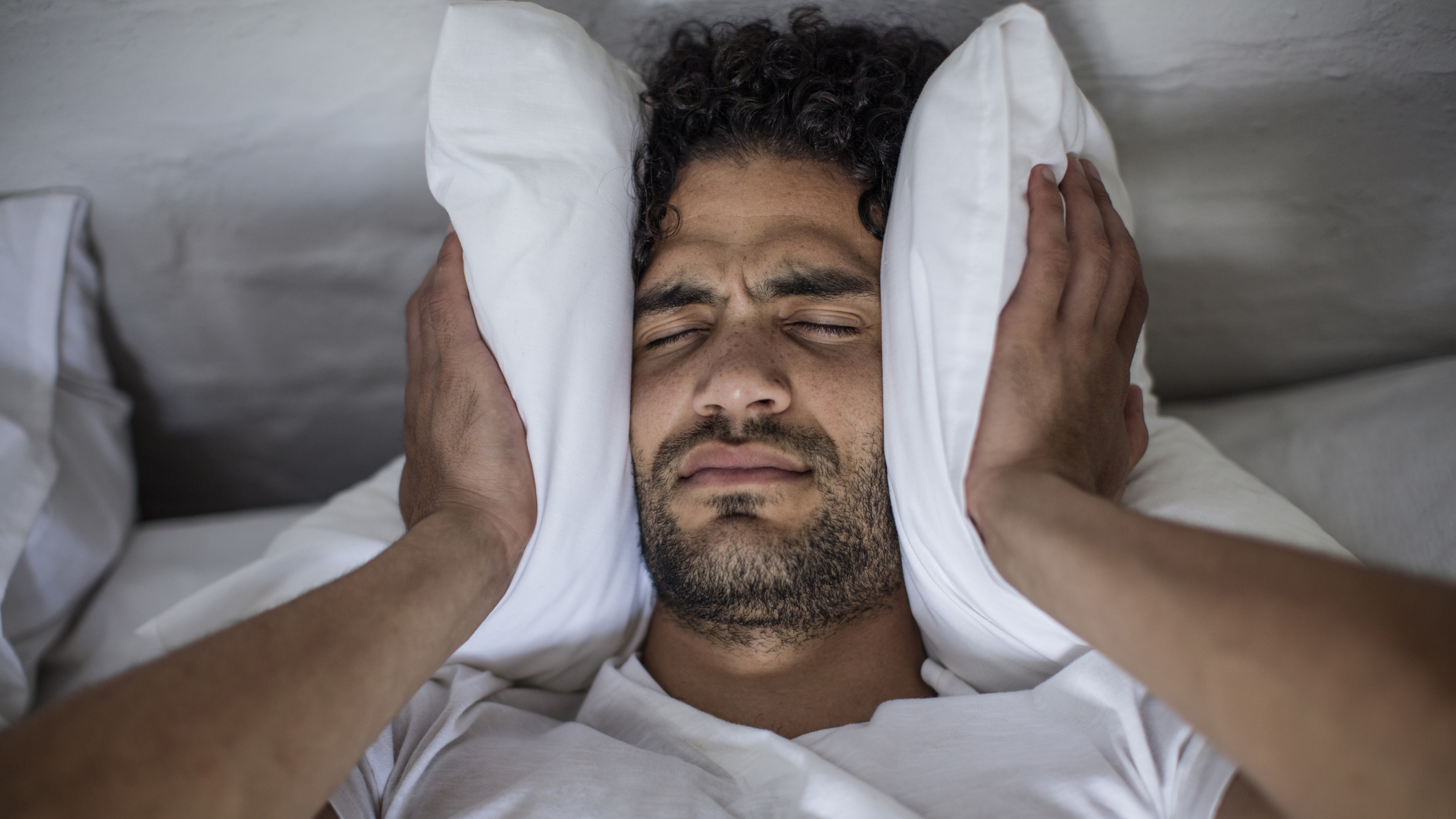
But what about the environment itself; surely this plays a part? "Unfamiliar environments; new sights, sounds, and smells can all disrupt our sleep. The bed and bedding in a new place may also be uncomfortable," adds the sleep expert. If your hotel room is plagued by busy traffic, over-enthusiastic air-con, and even light seeping in through the blinds, that can all impact on your sleep quality too – although that's more to do with creating the optimal environment for sleep than anything specifically to do with the first night effect.
Sign up for breaking news, reviews, opinion, top tech deals, and more.
Gasia highlights how some researchers believe that FNE is simply a result of participants being in a sleep lab environment, "People who are participating in a sleep study may be anxious or excited, which can make it difficult to fall asleep."
Does everyone experience the first night effect?
While there is evidence to support the fact that FNE is a real thing, that doesn't mean you definitely need to write off any first night in a new place.
"The first night effect is a common experience, but not everyone experiences it to the same degree," explains Gasia. "Some people may not notice any difference in their sleep, while others may have a very disturbed night."
While anyone can experience FNE, some people are more likely to suffer from it than others. Gasia says that those who are "anxious or stressed, traveling to a new time zone, sleeping in an unfamiliar environment, or have certain medical conditions like insomnia or sleep apnea" could have worse symptoms.
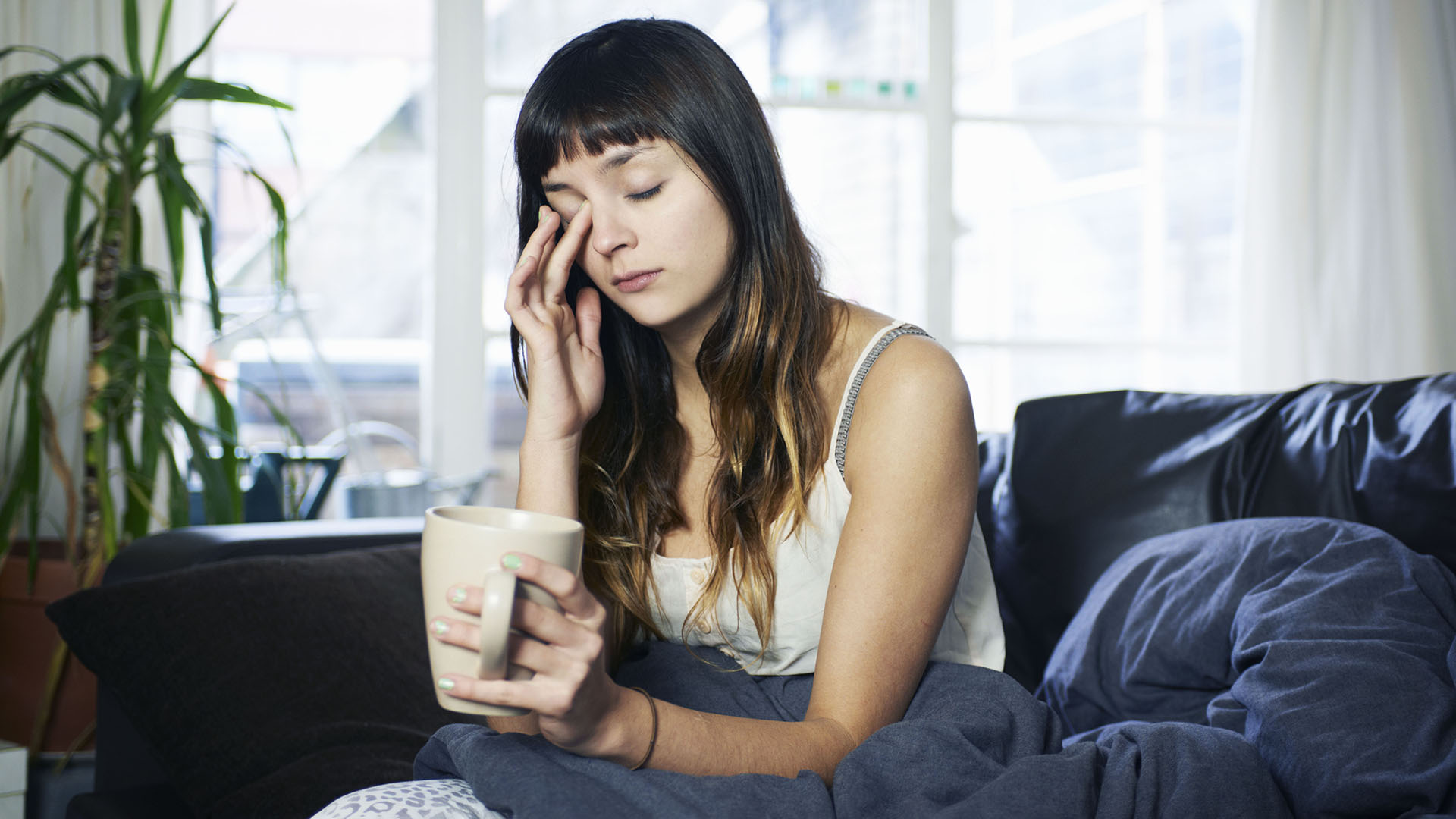
How can you avoid the first night effect?
Of course, we don't just have to accept the inevitable and fear every first night when we go away. So how can we make the first night effect less damaging on our sleep quality so much so that we're reaching for the coffee, over and over again? Here are some top tips for avoiding the first night effect…
1. Bring something familiar
Whether it's a favorite pillow, which you know you'd have the perfect sleep on, or even a perfume, Gasia says bringing something familiar with you can help – especially if you are in a far-flung destination. Having a reminder of home can "reduce anxiety and promote comfort when you're away from home".
2. Stick to your regular sleep schedule
When traveling you may be tempted to stray from your regular sleep schedule – you might be on vacation and may be lots of cocktails to be drunk, but try and ease yourself into it. Gasia recommends leaving the late nights for later in the holiday, to avoid throwing off your circadian rhythm.
3. Avoid caffeine and alcohol
We've all been there, sipped on our favorite coffee after 5pm and found ourselves wide awake all night. This is because coffee stimulates your brain and increases mental alertness. Studies show that we should avoid caffeine for a minimum of 6 hours before our bedtime – so we can snooze with ease. Unfortunately, alcohol can be just as problematic: while alcohol can help you fall asleep quickly, it will disrupt your rapid eye movement (REM) sleep – which is the deepest, most restorative stage of your sleep. If you can try and avoid both before your first night away, you'll be giving yourself a better chance of a good night's sleep.
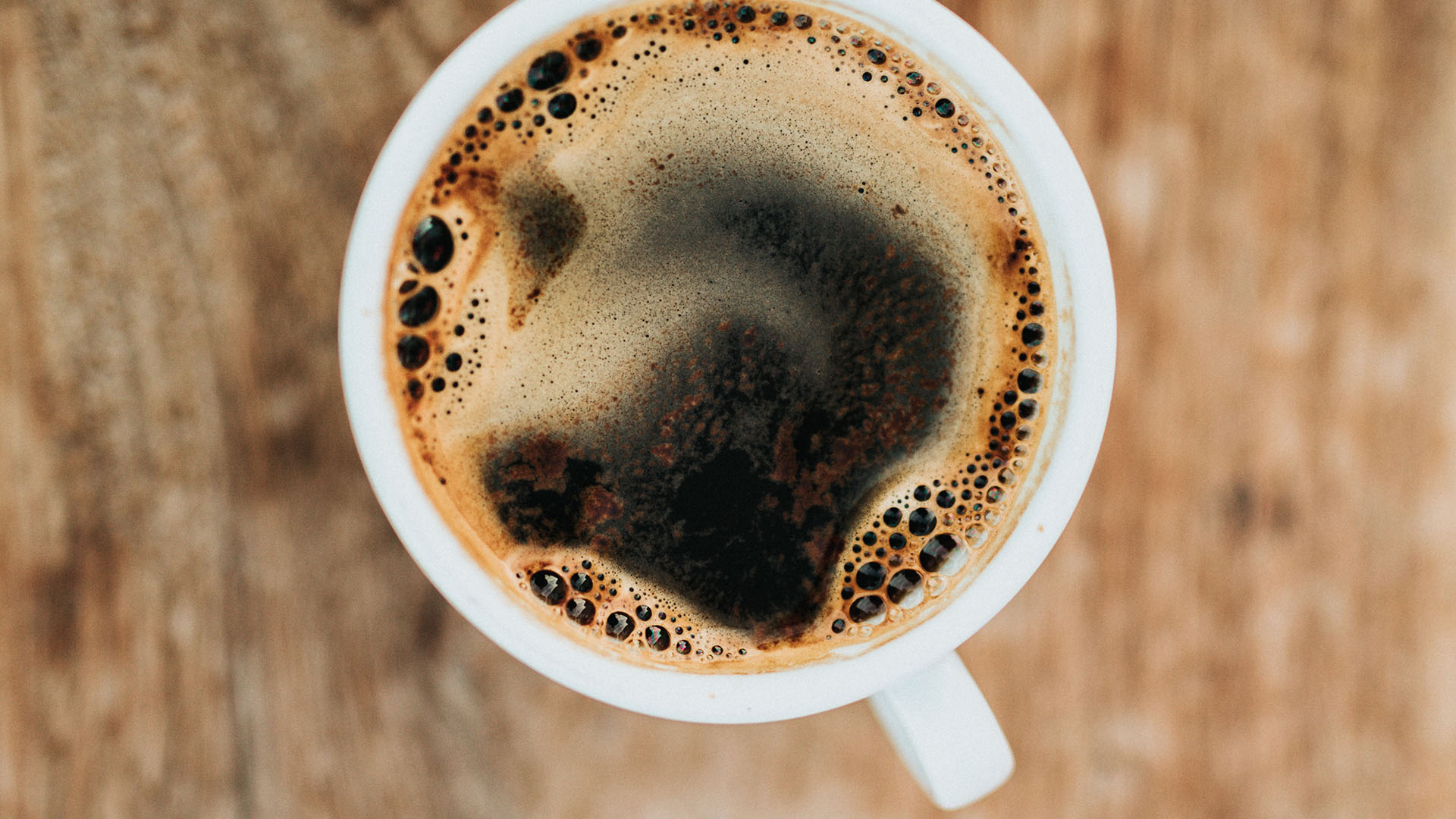
4. Create a relaxing bedtime routine
If you have a stressful lifestyle or you've had a busy day, you may well find this has a knock-on effect on your sleep. It's the same with FNE. If you've had a long flight or been rushing to your hotel, your body isn't calm enough for sleep. So run yourself a bath, read a book or choose something that you know will help you relax. Gasia says that soothing activities like this will help signal to your body that it's time to wind down.
5. Shut out distractions
There are certain environmental factors that help promote good quality sleep. "Make sure your bedroom is dark, quiet, and cool to create an environment conducive to sleep," says Gasia. While you might be away from your perfect at-home setup, there are steps you can take to recreate that when you're on the go: adjust the air con, pop in those earplugs and block out light with an eye mask.
While if it's the mattress which is the problem, research hotels with luxury mattresses – a good mattress, or one you are familiar with, can have you falling asleep in no time.
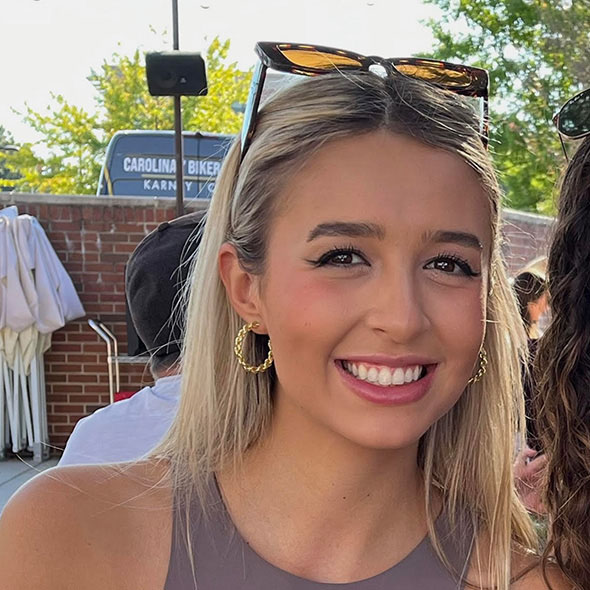
Gasia is a Certified Sleep Science Coach at Sleepopolis, a leading sleep retailer and resource for sleep information. She is passionate about helping people get the sleep they need to live their best lives. She is a graduate of the Spencer Institute's Sleep Science Coach Certification program, and she has a wealth of knowledge about sleep and sleep health.
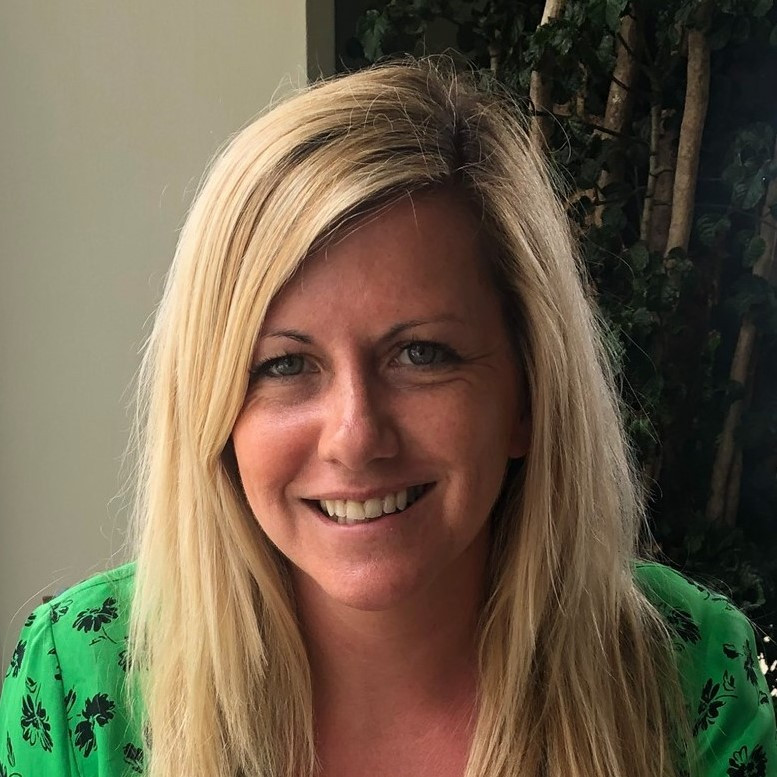
Sarah is a freelance writer - writing across titles including Woman&Home, Fit&Well, TechRadar, the Independent and the BBC. She covers a variety of subjects, including trends in beauty, business and wellness - but her biggest passions are travel and fitness. She can normally be found trying out the latest fitness class or on a plane to an exotic destination. While she loves to combine the two - signing up to do hiking holidays in LA, intense boot camps in Bali - last year she went on her dream activity holiday: paddleboarding around deserted islands in Croatia.